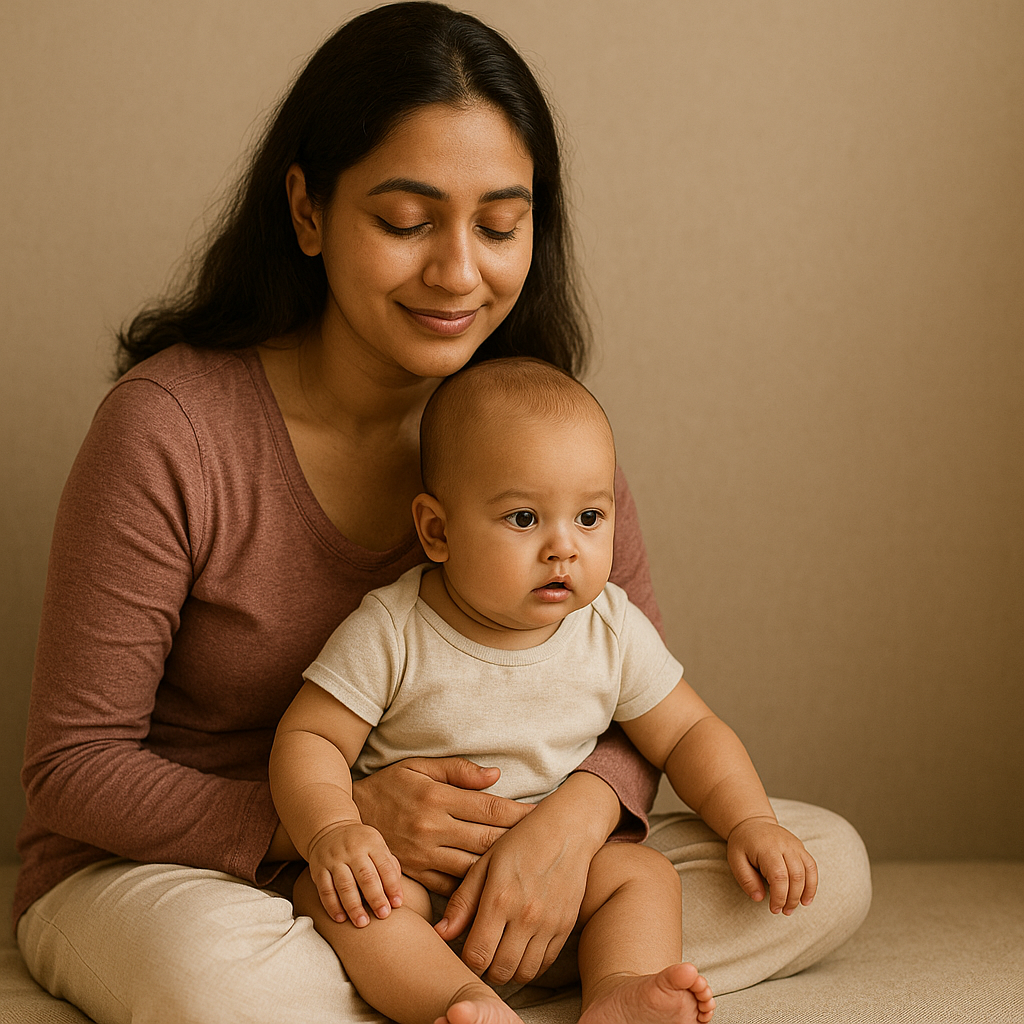
The Exhausting Reality of Parenting: A Superlative Perspective
Share
Introduction
Parenting is a full-time job of love — but it’s also one of the most emotionally demanding roles in life. Between work, chores, social media expectations, and round-the-clock engagement with children, many parents today feel drained. Add daily disagreements with partners, relatives, or even self-doubt, and you have the perfect recipe for emotional strain.
In Indian households, where joint family dynamics, cultural expectations, and multitasking collide, this burnout often goes unnoticed. But recognizing and addressing it is the first step toward raising emotionally healthy children — and staying mentally balanced yourself.
1. The Pressure of “Always Being Present”
Modern parenting glorifies constant engagement — singing, talking, playing, stimulating every waking moment. While interaction is crucial, feeling pressured to engage 24/7 can backfire:
- Parents lose personal downtime and feel guilty for wanting rest.
- Children may become overstimulated, reducing their independent playtime.
💛 Remember: Sometimes the best thing for your child’s growth is to let them explore quietly. A few minutes of independent play builds focus, curiosity, and imagination.
2. Emotional Conflict Within Families
In multi-generational Indian families, parenting decisions can often trigger conflict — from feeding methods and sleep routines to discipline styles. When opinions clash, emotional strain rises:
- Parents feel judged or unsupported.
- Grandparents may feel excluded or criticized.
- The baby senses stress, becoming fussy or restless.
🕊️ Tip: Establish calm, respectful boundaries. Instead of defending choices, explain them gently. For example, “We’re trying this method because it suits our baby’s sleep rhythm.”
3. Social Media & The Comparison Trap
Scrolling through picture-perfect parenting posts can make any mom or dad feel “not enough.” The pressure to show an ideal home, perfect meals, or milestone photos increases emotional conflict internally.
✨ Truth Check: Every baby has a different pace. Your child doesn’t need to match someone else’s timeline — they need your presence, not your perfection.
4. The Toll on Mental Health
Emotional strain from conflict and constant stimulation can lead to:
- Irritability and anxiety
- Sleep deprivation
- Relationship tension with partner or family
- Emotional withdrawal or burnout
🧘♀️ Parents need breaks, not guilt. Taking 15 minutes a day for breathing, journaling, or walking outdoors can restore energy and calm.
5. Building Emotional Harmony at Home
Here’s how to reduce tension and create a nurturing rhythm at home:
- Simplify routines: Babies thrive on consistency, not complexity.
- Divide duties: Let both parents share tasks like feeding, storytelling, or diaper time.
- Use music as therapy: Soft melodies or rhymes soothe both parent and baby.
- Prioritize connection over control: Smile, cuddle, talk — your calm presence matters more than rules.
6. How PiK A BOO Gramophone Helps Bring Calm
At PiK A BOO, we designed the Kids Gramophone as more than just a toy — it’s a tool for emotional bonding. With 96 curated slides of soothing rhymes, fables, and melodies, it transforms chaotic evenings into peaceful moments.
🎶 When you turn on the Gramophone:
- Babies calm down to gentle rhythms.
- Parents get a few moments of mindful pause.
- Families reconnect through shared storytelling.
It’s a screen-free, emotionally grounding experience that makes both child and parent feel centered.
